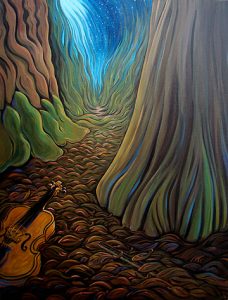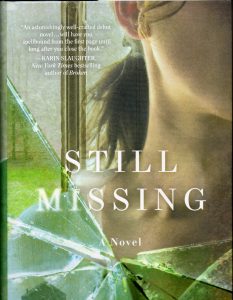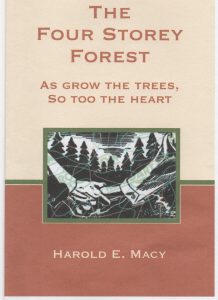Writing is primarily a solitary pursuit. Writers need chunks of uninterrupted time to think about their story and get it down.
But it’s all too easy to do too much thinking and not enough writing. To promise yourself you’re going to finish chapter five this month…and then find that all you’ve done is move a few words around on your computer screen.
That’s when having a writing buddy can make a difference. This is someone you can share your dreams and doubts with, as well as your struggles and successes.

One of my best writing buddies isn’t even a writer. Bev Byerley’s a West Coast painter with a passion for landscape. Just like me, she needs time to think and work. And she grapples with the shapes of clouds and trees the way I wrestle with the sound of phrases and paragraphs.
I was surprised to discover that the creative process is similar no matter what the medium. And I enjoy the camaraderie of getting together with another artist.
My other writing buddy is a writer. Caroline Woodward is the author of several books and countless poems. She used to live in the same town as me. We’d meet for lunch every couple of months to yak about our latest projects, the rejections or acceptances we received from publishers and other aspects of the writing life.
Then her husband got a job on a lighthouse and she followed. But

before she left, we vowed to email each other on the first day of every month. These emails include our writing goals for the coming month and a progress report on what we accomplished the previous one.
We’ve been doing this for a couple of years now and are both surprised at how this one email a month helps keep our writing on track. Without planning it, we’ve arranged a system that incorporates several important tips recommended by goal setting experts.
The first one is to make a commitment by telling someone what you plan to do. The second is to form a concrete plan by writing it down. And the third is to be accountable by telling someone what you achieved…or didn’t.
So, if you have a lot of ideas but have trouble accomplishing them, I recommend finding a creative buddy. This should be someone you like, feel comfortable with and admire.
Ideally, each of you will have slightly different areas or levels of expertise so you can learn from each other. But most of all, you should both be prepared to listen and offer constructive feedback. Laughing a lot is good too.


